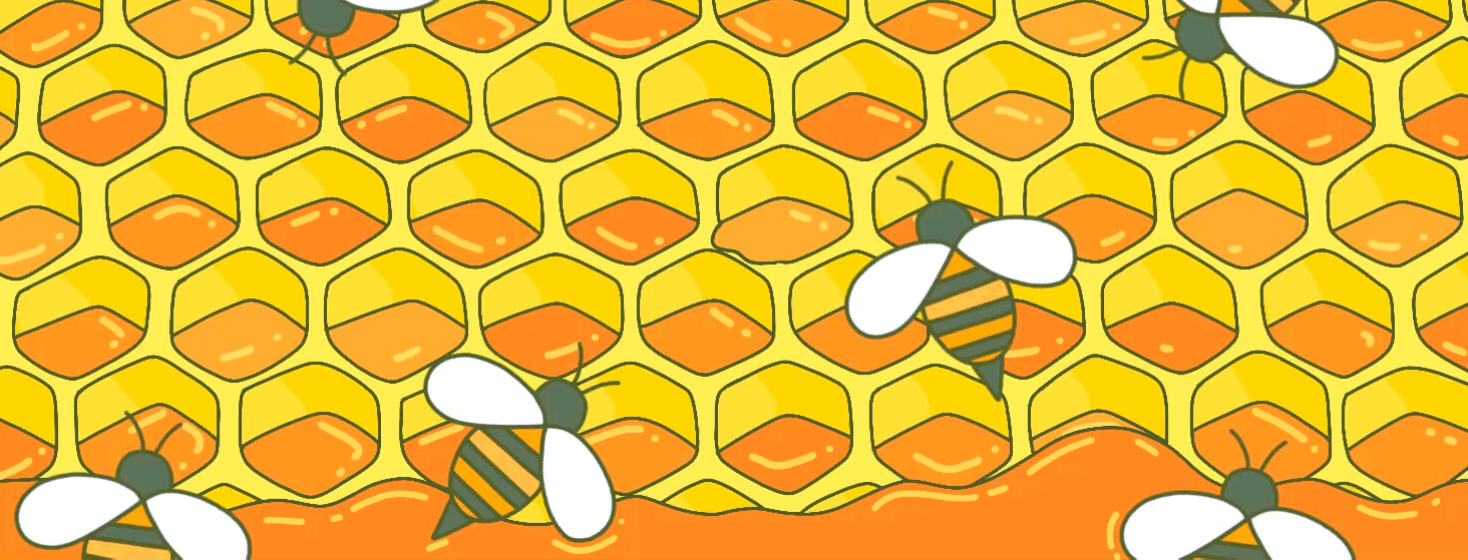Yogurt and Honey - Helpful Inside and Out
I’ve used yogurt and honey facial masks for as long as I can remember. I started back in the sixties or seventies when I met an older woman with great skin who decided the time was right to share some of her secrets. I’ve used these masks almost weekly for many years.
Recurring facial eczema outbreaks
I thankfully had no facial eczema until I was in my late fifties when a prescription medicine caused the worst outbreak possible on my face. Since then, it’s become a common occurrence. Was it the regular use of my yogurt and honey facial masks that had saved me all those years? I like to think so but haven’t been able to find any studies that might agree.
Using yogurt in my face mask
I use Balkan style yogurt, with no gelatin, no gluten, no preservatives. Some manufacturers add pectin to keep the whey from rising to the top, but I think it changes the texture. Just stir that wonderful protein and mineral-filled liquid back in. Really, any kind of plain yogurt would work: cow’s, goat, or even sheep.
Probiotics in skincare products
A number of skincare companies are now including probiotics in some of their formulations, and studies have shown that probiotics do help the skin.
Certain probiotic strains or specific bacterial lysates or extracts exert their effects beyond the gut or topically applied directly to the skin and confer benefits at the skin level. Different human trials suggest that probiotic supplementation might be useful in the management of atopic dermatitis.1
How do probiotics help eczema?
Although probiotics may exert their effect locally when applied or ingested, with their influence on immune regulation, their effects often extend to other organ systems. The gut-brain-skin axis suggests a mechanism that links gastrointestinal health, influenced by interactions with oral probiotics, to the health and well-being of the skin.
Probiotics and the skin barrier
Rosacea and atopic dermatitis are other skin conditions in which the skin barrier is impaired, and symptoms improve when the skin barrier is strengthened. Oral ingestion of certain probiotic strains has been shown to improve the skin barrier and affect skin hydration and transepidermal water loss. Clinically, the topical application of probiotics has also been shown to modify the barrier function of the skin with a secondary increase in antimicrobial properties of the skin.2
Using honey in my face mask
Honey, the other main ingredient, has been used for centuries for its healing properties. It’s both an emollient and a humectant, soothing the skin and helping prevent infection. One study even says it regulates pH and retards wrinkle formation:3
Ingredients in my homemade eczema face mask:
There are many recipes for facial masks. This is what I’ve always used, with whichever addition I feel is needed at the time. My favourite is the oatmeal.
My basic recipe is:
- 2 tbsp Greek yogurt
- 1 tbsp Honey
Plus one or more of these additions depending on the skin at the time.
Additions:
- For irritated skin - 1 tbsp ground oatmeal (I grind regular oatmeal in a coffee grinder)
- For sunburned or weather-dried skin - 1 tsp aloe vera gel
- For inflamed skin - add 1 tsp turmeric. It’s also supposed to be good for acne-prone skin
How to use my homemade eczema face mask:
Using circular motions, apply the yogurt - honey mask to your freshly cleansed face and neck. Use plenty! Leave it on your skin until it’s dry; about twenty minutes. I find using it cold fresh from the fridge feels wonderful. Rinse it off gently with warm water and apply your regular moisturizer. I hope you’ll try one of these and let me know what you think.

Join the conversation